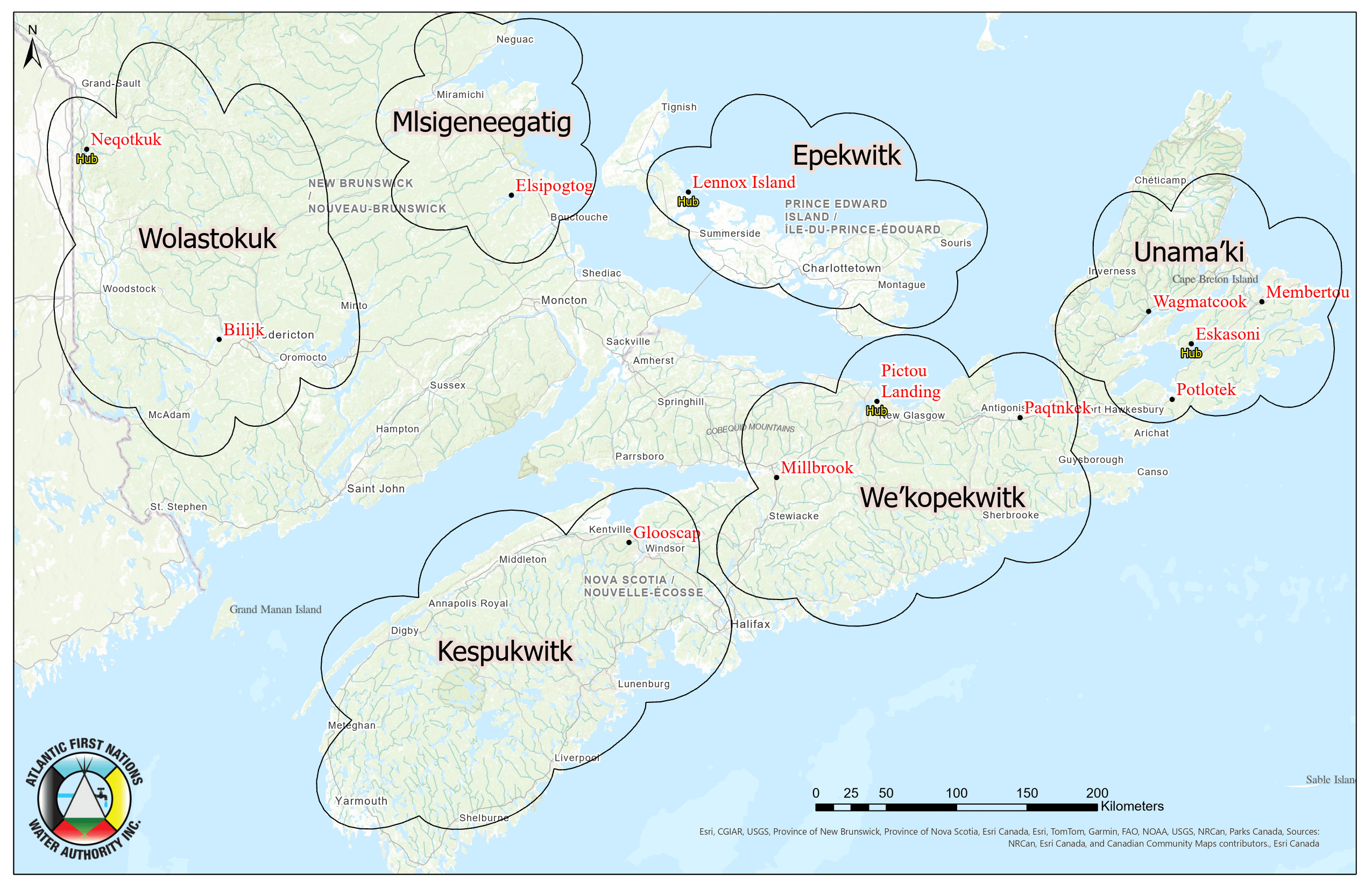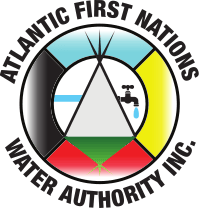Full-Service Decentralized
Service delivery through a ‘hub-and-spoke’ system
The Atlantic Chiefs and their Band Councils concluded that the Full Service Decentralized (FSD) structure is most consistent with their concept of ownership and values. The analysis found within the business case independently supports their conclusion that a FSD structure represents the option which best meets the AFNWA Business Case evaluation criteria.
The FSD model comprises a hub-and-spoke operations structure. This type of system arranges operations into a network of service zones with hubs that centralize expertise and operational knowledge in geographically compatible locations close to communities (spokes) and their community-based operators.
In recognizing First Nations’ traditional territories and Atlantic Canada’s geographical challenges, the FSD model optimizes service delivery with communities being within a 2.5 hour drive away from their respective service hubs. The Business Case provides an appropriately sized management and operational baseline to deliver the required services to communities with the flexibility to scale-up and accommodate communities who join later.
As other Atlantic First Nation communities express the interest in AFNWA, their participation can be accommodated by providing additional operators to work within the established management structure. Since full operations have began in member communities, Operators have accepted employment offers from AFNWA, living in and working for their home communities.
Maintaining the existing conditions does not align with the success factors identified in the Business Case, and perpetuates issues of the past. Now with long-term federal funding AFNWA is an organization where First Nations own, operate, and upgrade their own water and wastewater facilities.
The FSD model identified six (6) service zones where AFNWA provides water and wastewater services to its members. The Elders Advisory Lodge have named to the service zones in Mi’kmaw and Wolastoqey, the languages of the First Nations that AFNWA serves. Each service zone uses the hub-and-spoke approach, with service areas shown in the map below.

